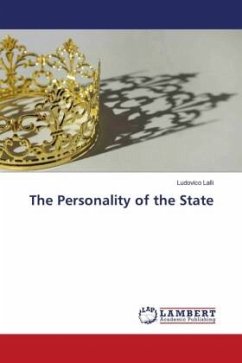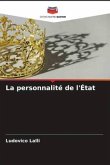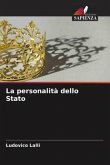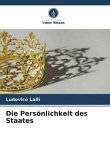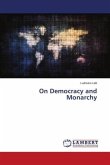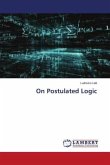The present text suggests how each political system presents a different conception of the State which can be reduced, in practical terms, to its ``personality``. Some States are human and thus inhabited by a continuative censor, while others are inhuman and consequently uninhabited by a perpetual owner. We can deduce from this standpoint that certain States are concrete human characters while others are objects. A State distinguished by an inhuman nature represents a means to an end; in other words, it is a political device which necessitates to be personified by external human characters. A State which is marked by a human nature is an end in itself; it is the case of the monarchical political system where the State transcends a mere material identity because of its first born and continuative human acceptation. An object cannot sustain and protect itself while a human character is the master of his existence enjoying an inherent degree of independence. One of the targets of the book is to put in relation the inanimate and defenseless nature of the inhuman State with the rise of the so called polyarchies, a phenomenon which profoundly affects our present democracies.

